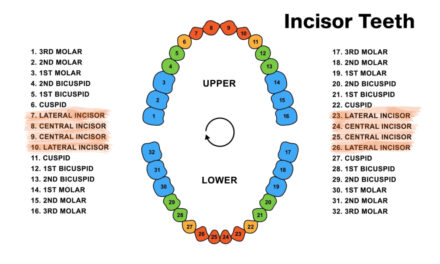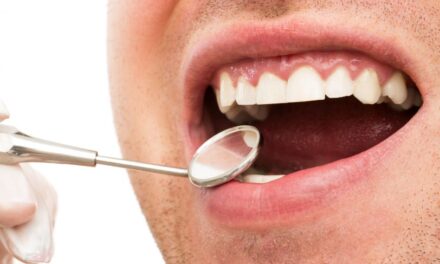Xerostomia, also known as dry mouth syndrome, is a condition that occurs when the salivary glands in the mouth do not produce enough saliva. This results in a dry feeling in the mouth and here, we look at the condition, what can cause it and how to treat it.
What is Xerostomia?
This condition is more common in older adults but can affect anyone at any age. It is a condition where the mouth feels dry due to the lack of saliva. Saliva is essential for a healthy mouth, as it helps to wash away food particles and bacteria, neutralise acids and help digestion. When there is not enough saliva, it can lead to problems such as bad breath, difficulty in swallowing and speaking, and an increased risk of tooth decay and gum disease.
Xerostomia Causes
There are many different factors that can cause xerostomia, including:
- Medications: Many medications, such as antidepressants, antihistamines and blood pressure meds, can cause dry mouth as a side effect.
- Medical conditions: Certain medical conditions such as Sjogren’s syndrome, diabetes and Parkinson’s disease can cause dry mouth.
- Radiation therapy: Radiation therapy for cancer in the head and neck area can damage the salivary glands, leading to dry mouth syndrome.
- Dehydration: Not drinking enough water can cause the body to become dehydrated, thereby resulting in dry mouth.
- Lifestyle factors: Smoking and alcohol consumption can also contribute to dry mouth.
Best Treatment for Xerostomia
- If the cause is medication-related, your doctor may adjust your dosage or switch you to a different medication.
- If the cause is a medical condition, treating the underlying condition can help alleviate dry mouth symptoms.
Here are some tips for managing dry mouth:
- Stay hydrated: Drink plenty of water and avoid drinks that can dehydrate you, such as coffee, tea, and alcohol.
- Chew sugar-free gum or suck on sugar-free candy: This can help stimulate saliva production.
- Use a humidifier: This can add moisture to the air, helping to reduce dry mouth symptoms.
- Practice good oral hygiene: Brush and floss regularly and visit your dentist regularly for checkups and cleanings.
- Use pharmacy products: There are many products available, such as mouthwashes and sprays, designed to help alleviate dry mouth symptoms.
Summary
- In conclusion, xerostomia, or dry mouth syndrome, is a common condition that can be caused by a variety of factors.
- It can lead to a range of problems, from bad breath to tooth decay and gum disease.
- Treatment for the condition depends on the underlying cause, but there are many things you can do to manage dry mouth symptoms. These include staying hydrated, using over-the-counter products and practicing good oral hygiene.
- If you are experiencing symptoms of dry mouth, talk to your doctor or dentist to determine the cause and they will help to develop a treatment plan that works for you.





